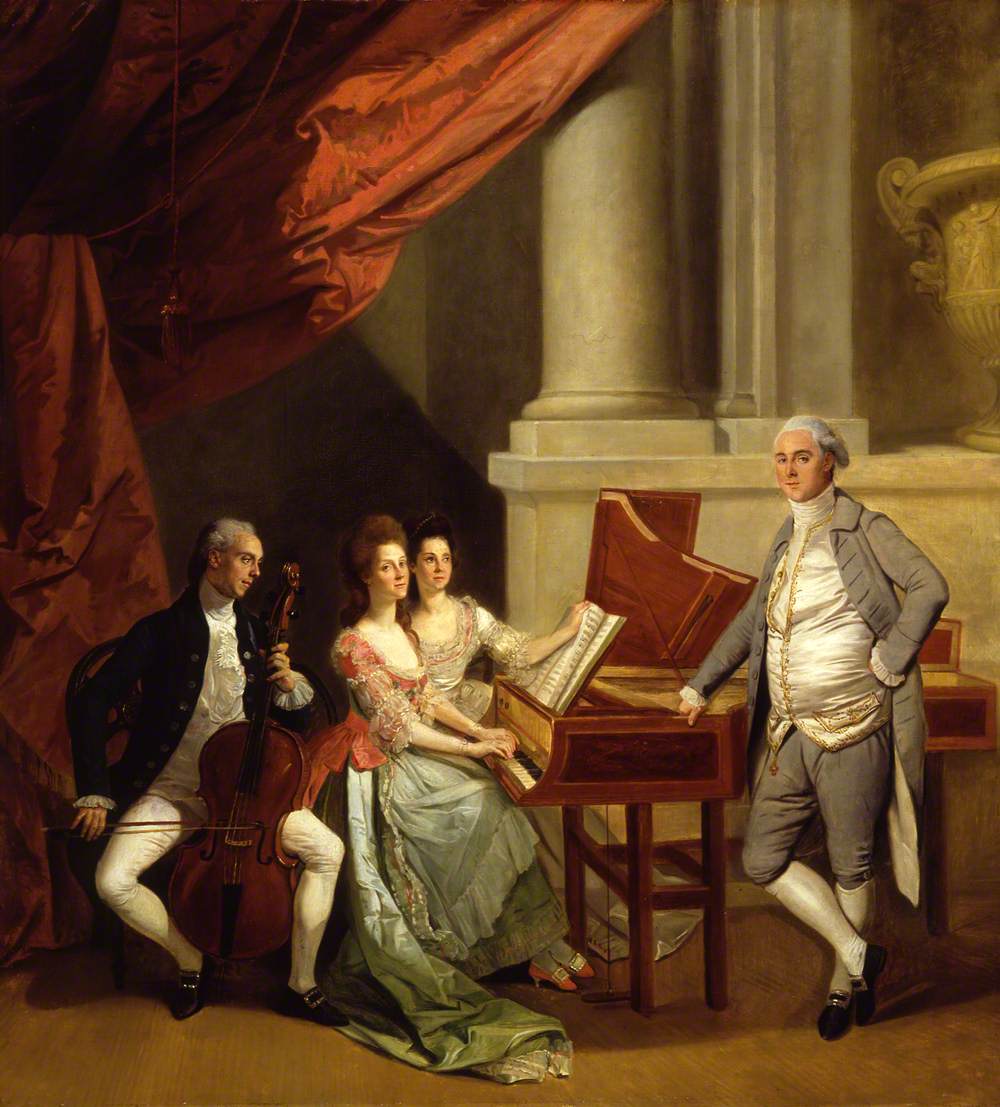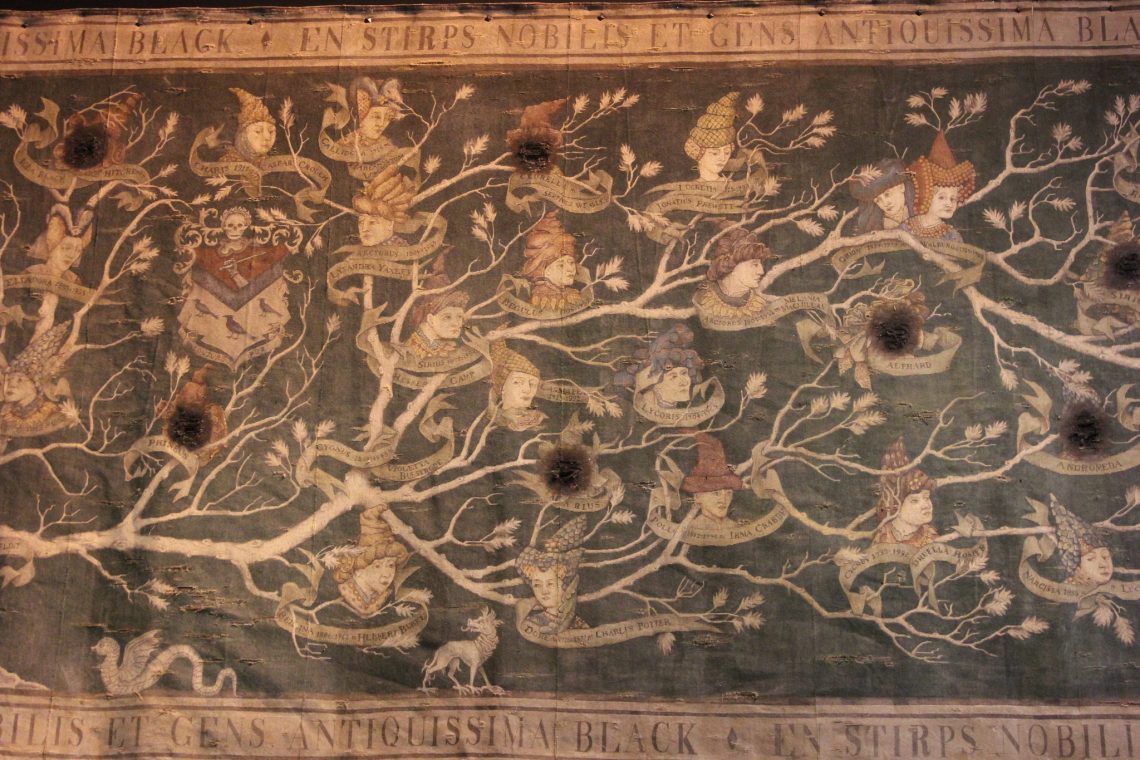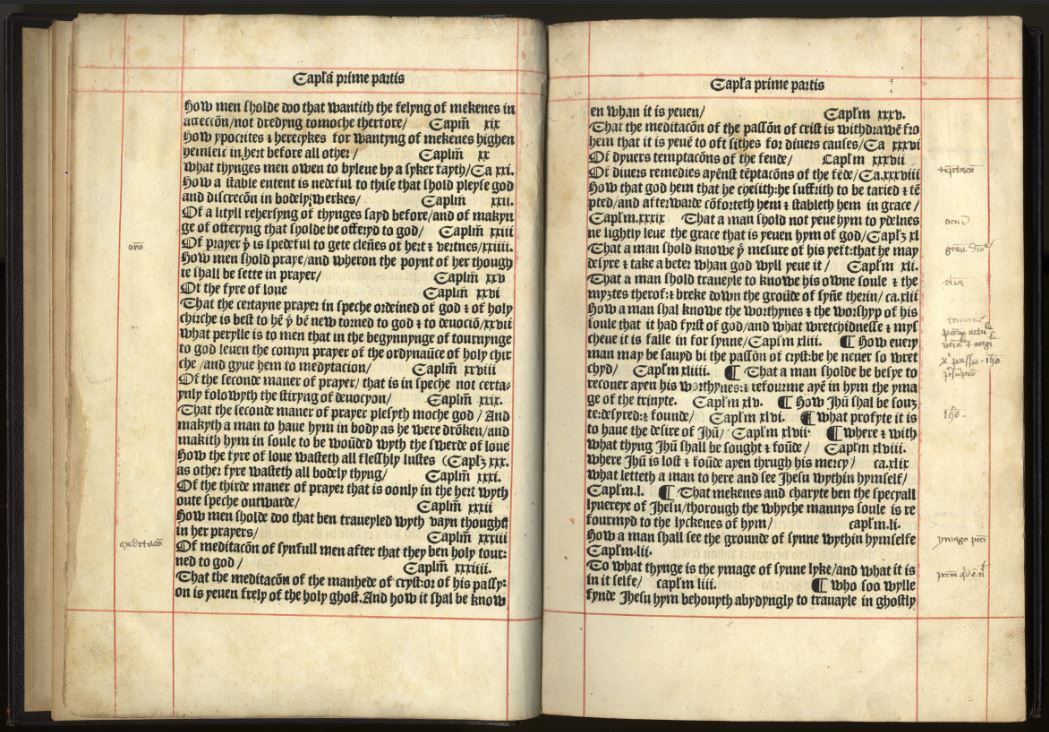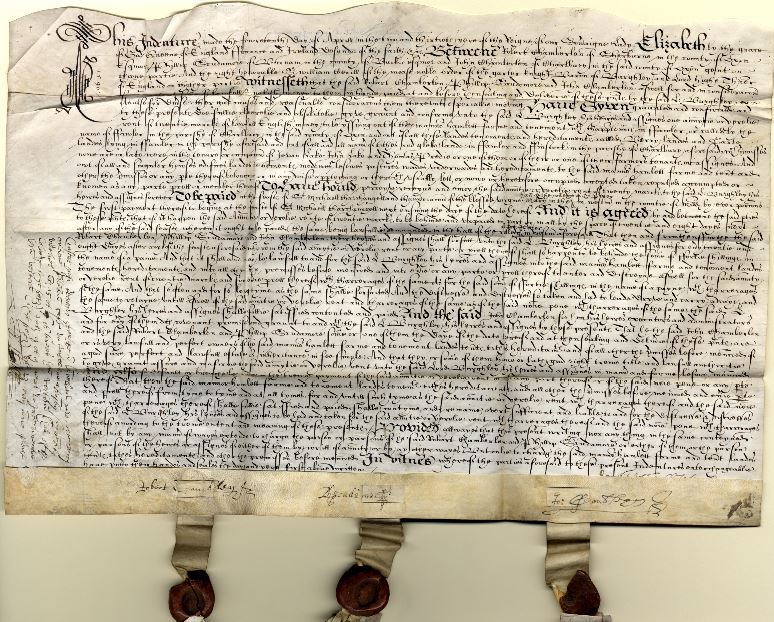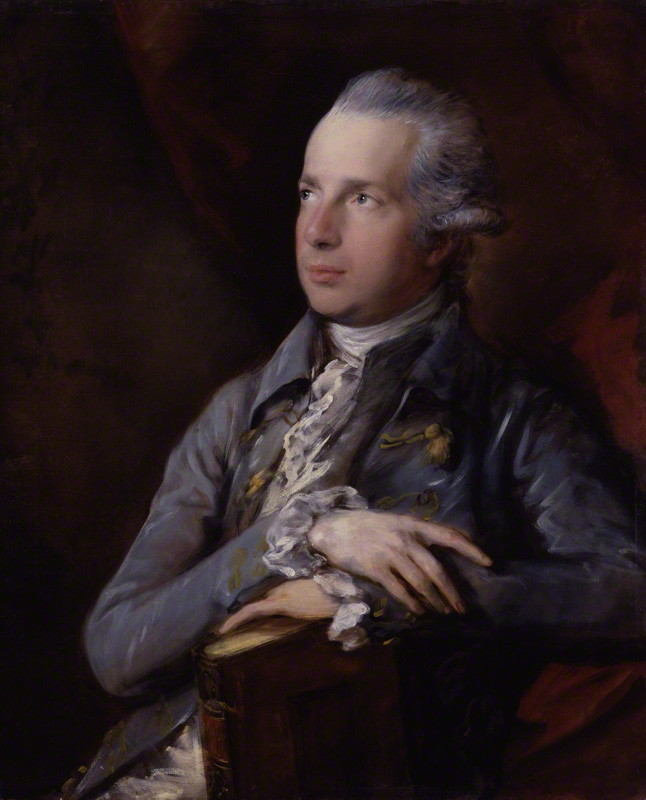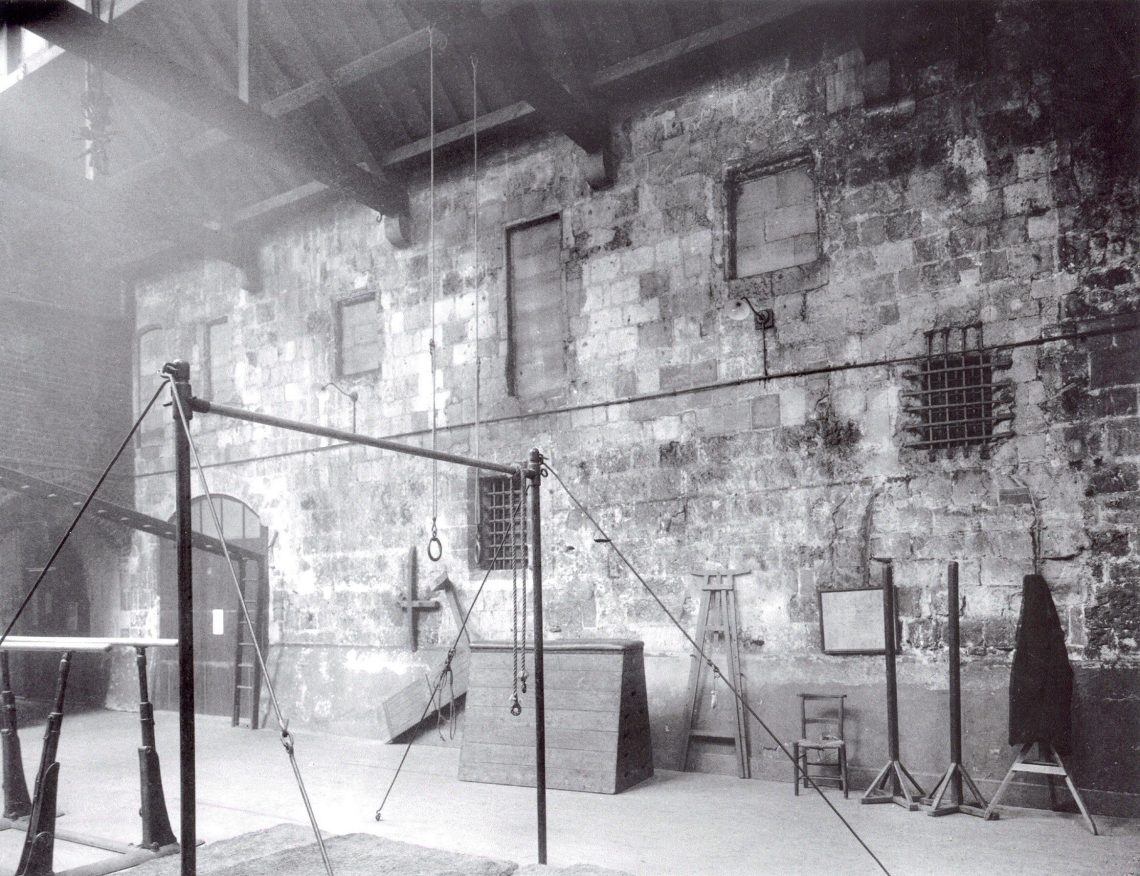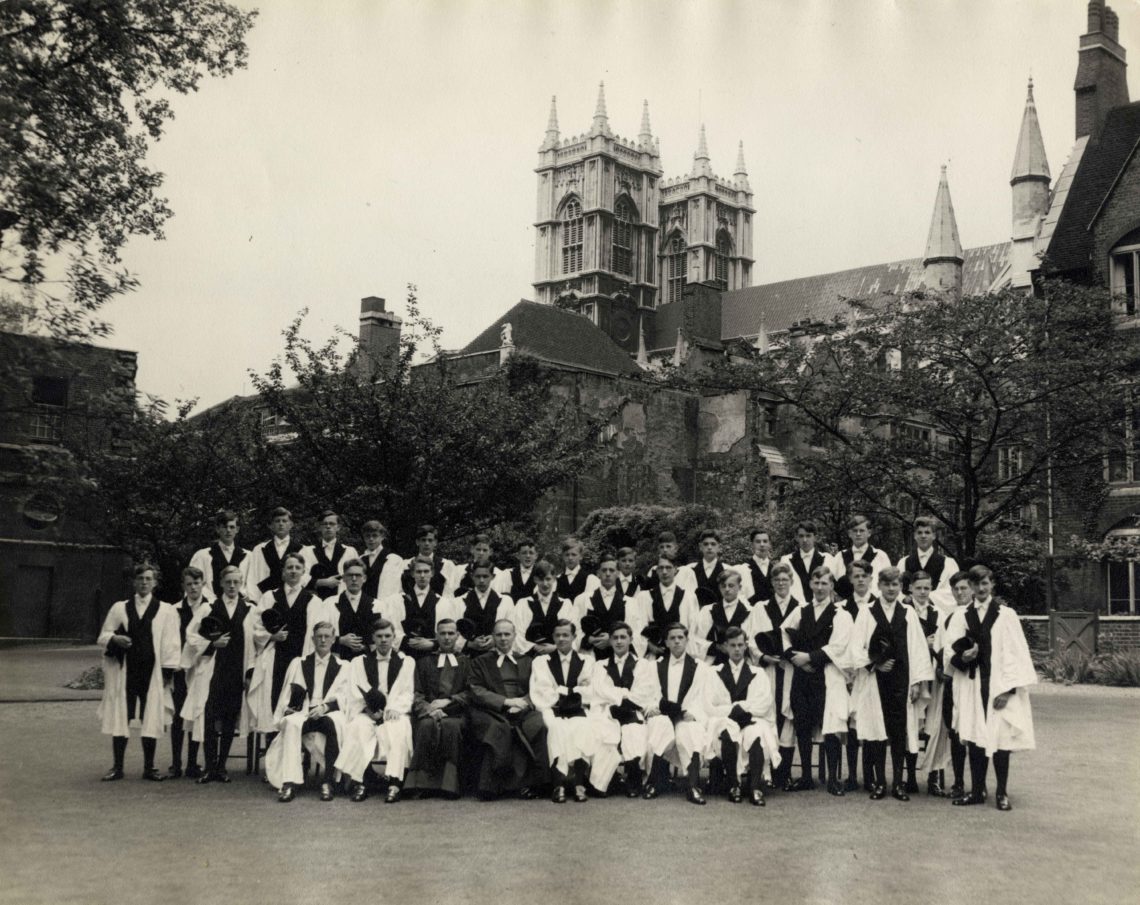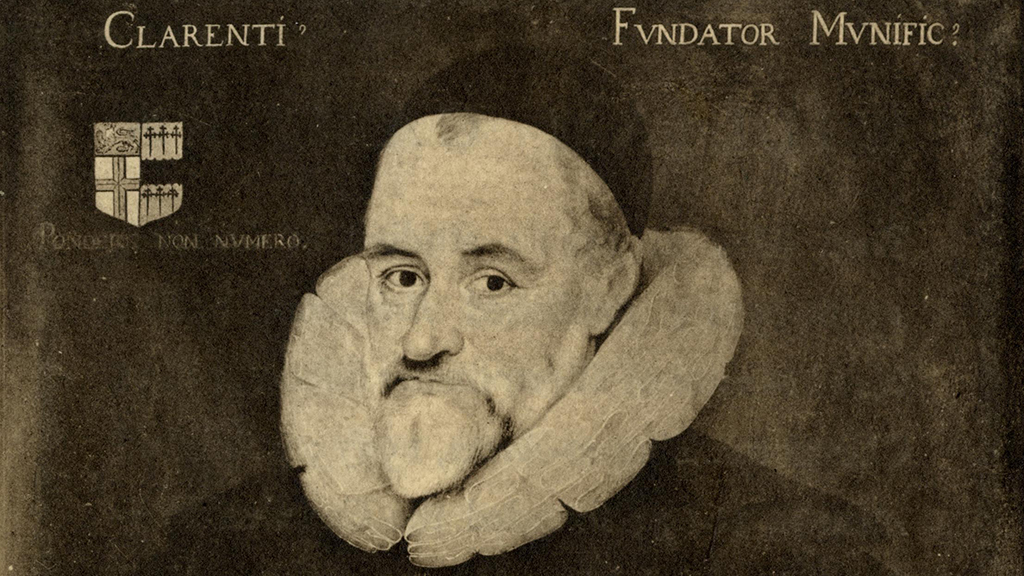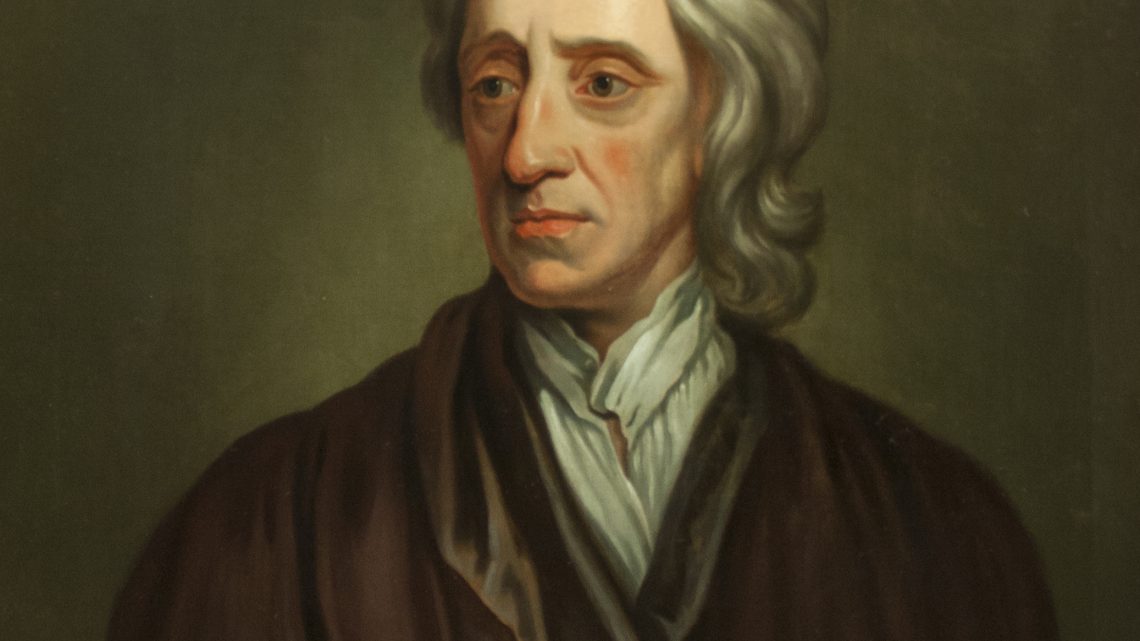Three members of the Fuller family attended Westminster School in the middle of the 18th Century – Henry (1724-c.1773), Peeke (c.1732-1798), and Charles Beckford (1739-1825). They were all born in Jamaica, where their father, Thomas Fuller, owned a total of 6,292 acres of land and 376 enslaved people, all of which was left to his three sons as tenants in…
-
-
Robert Dalzell by Bethany Duck, Archives and Records Management Assistant
It likely comes as no surprise that the history of Westminster School is dominated by white men. For the majority of our history there has been limited diversity amongst our pupils. It is difficult to single out an individual as the first to break the long line of racial homogeneity but Robert Dalzell perhaps stands as a contender. In The…
-
Genealogy, Archives and Danny Dyer
Article by Elizabeth Wells, Archivist, first published in The Camden, 2019 After pornography, the most-visited category of websites on the internet are dedicated to genealogy, the hobby of tracing one’s family history. Who Do You Think You Are?, a television show in which celebrities investigate their ancestors, is one of the BBC’s most popular documentaries – with 15 series and episodes…
-
The Ladder to Perfection
Article by Elizabeth Wells, Archivist, first published in The Camden, 2013 An incunabulum is a book, single sheet, or image that was printed — not handwritten — in Europe before 1501 (the earliest examples of printing are from the East. The Diamond Sutra which was discovered in a cave in China is the earliest complete survival of a dated printed…
-
A Document with Teeth
Article by Elizabeth Wells, Archivist, first published in The Camden 2013 This indenture, dating from 1594, is one of the earliest documents in the school’s archive which refers to the school directly (see the post on William Camden for another). An indenture is a legal contract between two or more parties. Written in duplicate on the same sheet, the copies would be separated…
-
George Colman (OW) and the Nonsense Club
Article by Charlotte Robinson, Archives and Records Management Assistant, first published in The Camden, 2016 George Colman (1732-1794) was a theatre manager and playwright celebrated for his comic farces. He was a King’s Scholar in the 1740s and showed an early talent for lively satire. He was a little man, “without my shoes, little more than five feet in height”,…
-
Cut your coat according to your cloth: the story of the Bentham Room
Velis id quod possis Non facere ipse queo Tetrasticha; disticha possum, Accipe quod possum, quod nequeo, sileat. Jeremy Bentham, May 1759 Cut your coat according to your cloth A quatrain isn’t something I can do; But here’s a couplet: Take what’s offered you. Translation by Nicholas Stone, 2015 Last school year Jeremy Bentham (OW 1755-1760) was celebrated as…
-
Vivat! Westminster Scholars’ role in the coronation
Article by Elizabeth Wells, Archivist, first published in College Newsletter, 2013 2013 marks the 60th anniversary of Queen Elizabeth II’s coronation in Westminster Abbey. This would seem to perfect occasion to take a look at the role played by Scholars in coronation services. The privilege of being the first commoners to acclaim each new sovereign at their coronation in Westminster…
-
William Camden (1551-1623): Head Master and Antiquarian
Article by Ruth de Wynter, Archive Volunteer, first published in The Camden, 2013 William Camden was born at the Old Bailey, London, the son of Sampsen Camden, a painter-stainer and Elizabeth Curwen. He firstly attended Christ’s Hospital School in the City of London but after suffering from Plague in 1563 was removed to Islington. Upon recovery he attended St Paul’s School,…
-
Me and my dead, white men…
Article by Elizabeth Wells, Archivist, first published in The Camden, 2017 My childhood took place in the window between the collapse of the Berlin wall and the 9/11 attacks. There was much that was wrong with the world in the 90s, but there was also a sense of optimism – a feeling that many of the problems of the past…

